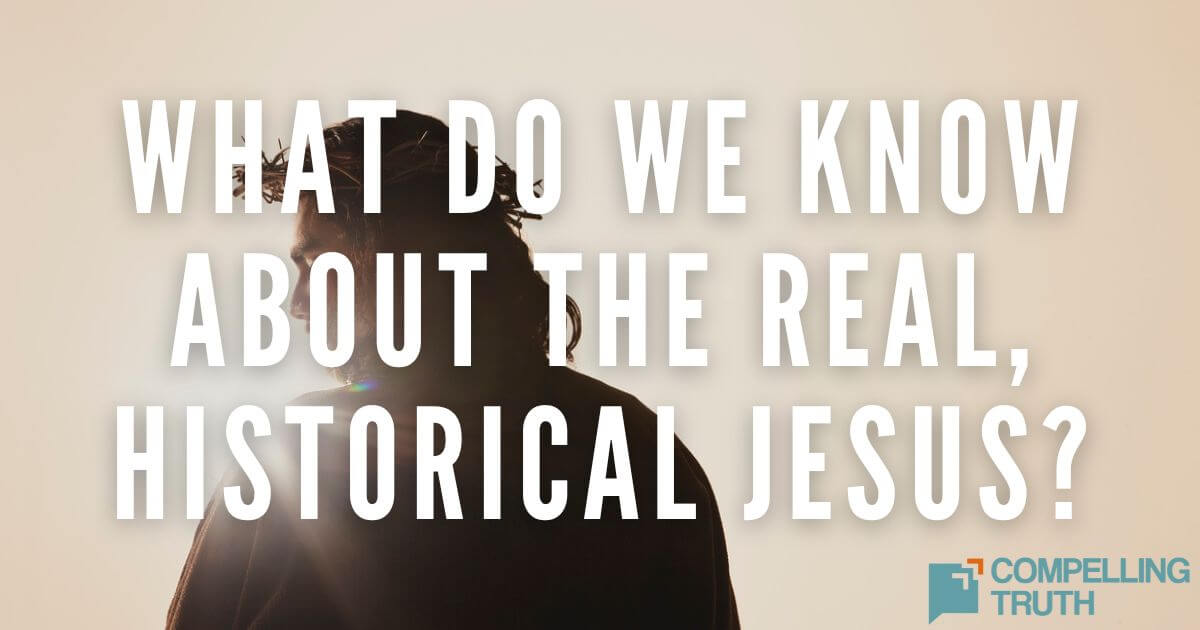what does the bible say?
The differences in the birth narratives of the two gospel accounts can be reconciled by considering the unique focus of each gospel. Matthew writes to a Jewish audience, emphasizing Joseph's perspective and it includes the story of the Magi. Luke writes to a Gentile audience, focusing on Mary's perspective and Luke includes the visit of the shepherds. Just because some details included by Luke were omitted by Matthew, and vice versa, does not mean that those events did not happen. Matthew and Luke both affirm key points: Mary was a virgin (Matthew 1:18, 23, 25; Luke 1:27), Jesus was born in Bethlehem (Matthew 2:1; Luke 2:4–7), and Mary and Joseph lived in Nazareth after Jesus was born (Matthew 2:23; Luke 1:26; 2:39). Some people question the timing of the flight to Egypt. This is explained below by considering the chronological differences and the different emphases of each gospel.




